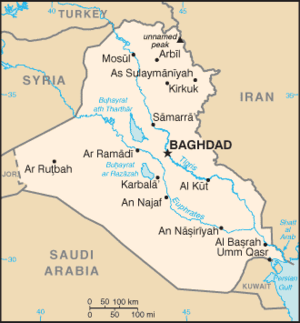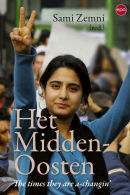(14-05-2013) ملخص أحداث ...
(14-05-2013) Al-Maliki is directing Iraq to war once again
(14-05-2013) Iraq, Syria and the death of the modern Middle East
(14-05-2013) Inside Baghdad’s 'Green Zone'
(03-04-2013) Sam Harris, the New Atheists, and anti-Muslim animus
(05-12-2012) Tariq Ramadan interviewed post-Arab spring
(27-09-2012) Protest Against Islamophobia
(27-09-2012) Protest Against Islamophobia
(25-09-2012) The Human Cost of Western Fundamentalism
The BRussells Tribunal is independent and wants to remain independent.
The BRussells Tribunal is an activist think tank and peace organisation with a special focus on Iraq. Read more...


.gif)
 The times they are a-changin' is het eerste grondige Nederlandstalig overzicht dat voorbij oppervlakkigheden en algemeenheden wandelt, en ook nog eens de hele regio bestrijkt, van Egypte en Tunesië tot Marokko, Libië, Syrië, Libanon, Palestina, Jemen, Jordanië, Irak, Bahrein en Israël. Daar bestaat een woord voor: een standaardwerk.
The times they are a-changin' is het eerste grondige Nederlandstalig overzicht dat voorbij oppervlakkigheden en algemeenheden wandelt, en ook nog eens de hele regio bestrijkt, van Egypte en Tunesië tot Marokko, Libië, Syrië, Libanon, Palestina, Jemen, Jordanië, Irak, Bahrein en Israël. Daar bestaat een woord voor: een standaardwerk.